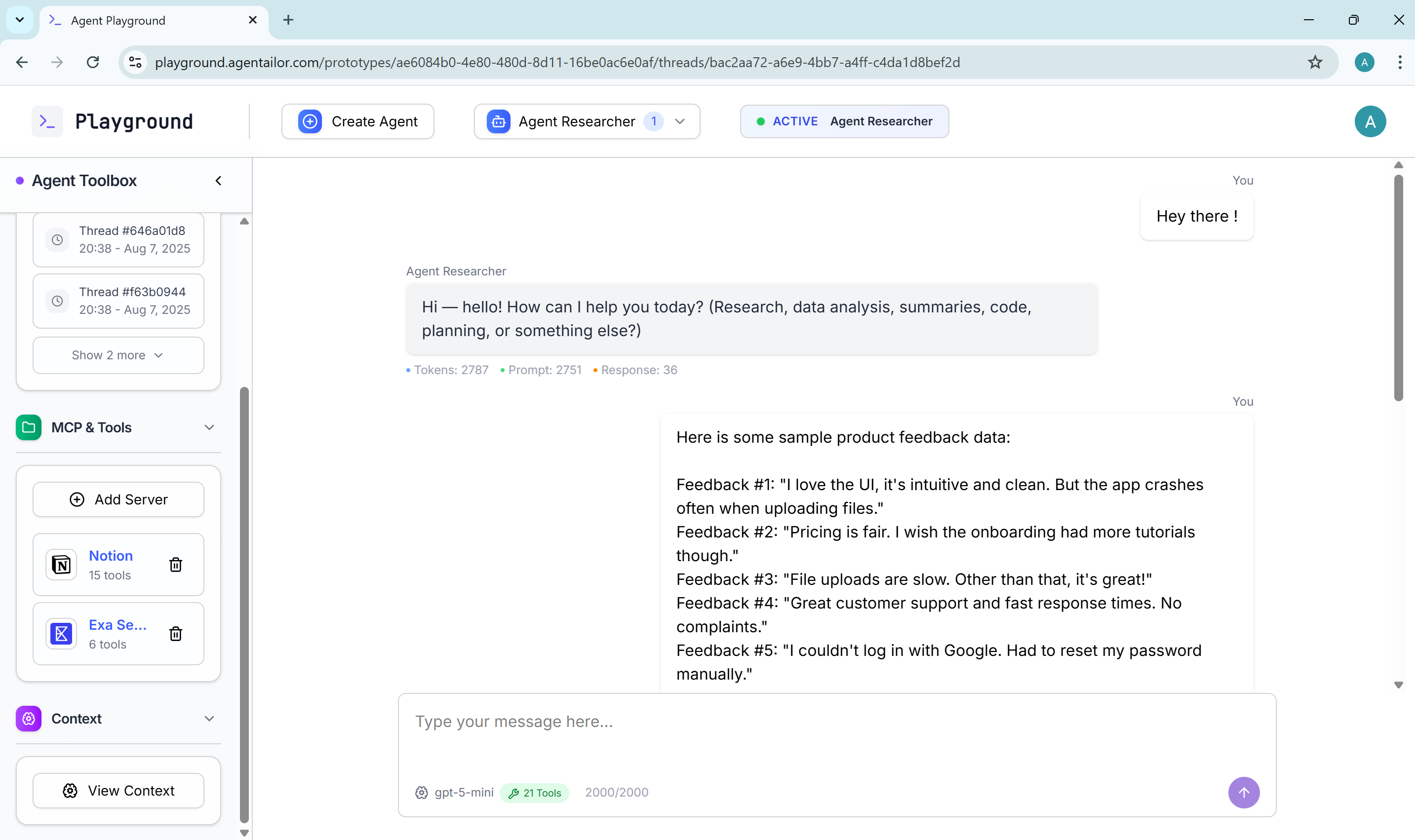- Published on
GPT-5 Is Here — And It’s Built for Devs Who Build with Tools
- Authors

- Name
- Ali Ibrahim
Short on time?
Get the key takeaways in under 10 seconds with DocuMentor AI, my Chrome extension. No account required.
Try it here →
OpenAI just dropped GPT‑5 — and while the headlines will focus on benchmarks and "billion-token" context windows, the real story is this: GPT‑5 is built for developers who build with tools.
Whether you're working on AI agents, coding copilots, or multi-step task automation, GPT‑5 brings the flexibility, control, and reliability we've been waiting for. It’s not just smarter — it’s more usable for real workflows.
In this post, we’ll break down why GPT‑5 stands out, what’s new for agentic and tool-using systems, and how you can start building with it today.
Why GPT-5 Matters
GPT-5 isn’t just “faster” or “bigger.” It's a step-change in agentic reasoning, tool calling, and coding performance. Key highlights:
- Best-in-class coding performance: 74.9% on SWE-bench Verified, 88% on Aider polyglot
- Smarter tool use: Chains complex actions in sequence or parallel with fewer errors
- More steerable: Control verbosity, reasoning effort, and tool interaction granularity
- Agent-first mindset: Designed to handle multi-step, long-context, and autonomous workflows
New Capabilities That Matter for Agent Builders
1. Tool Calling Just Got an Upgrade
GPT-5 can:
- Follow tool schemas more precisely
- Handle tool failures better
- Run preambles between tool calls to communicate progress to the user
- Call custom tools with plaintext (not just JSON) — using regex or grammar constraints
For those using MCP or building agent frameworks, this is huge.
2. Smarter Agentic Behavior
GPT-5 achieves:
- 96.7% on τ2-bench telecom, a new benchmark for real-world agent tasks
- Better chaining of tool calls without supervision
- Improved understanding of complex environments
It doesn’t just call tools. It reasons through them — with more robustness and less handholding.
3. Fine-Tuned for Code Collaboration
Built in collaboration with tools like Cursor and Copilot:
- Can edit, debug, and explain large codebases
- Generates smaller outputs with fewer tool calls than previous models
- More helpful in multi-turn developer workflows
It’s not just smart — it’s efficient.
4. New API Parameters: Control, Not Complexity
reasoning_effort: fromminimaltohighverbosity: fromlowtohighcustom_tools: plain-text tool inputs, context-free grammars supportedThese features give you more control over latency, verbosity, and format — critical for UX in AI agents.
5. Massive Context Window
- 400K token total context length (272k input + 128k output)
- Outperforms GPT-4 and GPT-4o on long-context tasks like MRCR and BrowseComp
Perfect for memory-heavy workflows and information synthesis agents.
6. Try GPT-5 in Action — Right Now on Agent Playground
Want to test GPT‑5 (or its smaller siblings) before it even lands in your ChatGPT UI?
You can try it right now with your OpenAI API key using Agent Playground — our prototyping tool for building and testing AI agents in minutes.
- Supports GPT‑5, GPT‑5 Mini, and GPT‑5 Nano
- Connect to 1,000+ MCP servers like Notion, GitHub, Slack, or Web Search
- No setup required — just drop your key and start building
- Build & test tool-using agents without writing any integration code
It’s perfect for:
- Prototyping ideas with the latest models
- Validating workflows before writing code
- Creating your own assistant powered by GPT‑5
Here’s a preview of a conversation with a GPT‑5 Mini agent connected to Notion and Web Search:

Example of an agent using GPT‑5 Mini with tool access in Agent Playground
Try the new GPT‑5 models in seconds → Launch Agent Playground
No waiting. No boilerplate. Just fast, flexible prototyping — powered by the best model OpenAI has released so far.
Pricing & Sizes
GPT-5 comes in 3 sizes:
| Model | Input (per 1M tokens) | Output (per 1M tokens) |
|---|---|---|
| gpt-5 | $1.25 | $10.00 |
| gpt-5-mini | $0.25 | $2.00 |
| gpt-5-nano | $0.05 | $0.40 |
All support:
reasoning_effortandverbosityparameters- Streaming, tool-calling, prompt caching, and long context (400K tokens)
See GPT‑5 pricing and model docs for full details.
Final Thoughts: A Model Built for Agents
For years, developers building AI agents had to compromise:
- Between accuracy and tool use
- Between fast answers and deep reasoning
- Between rigid JSON formats and more natural inputs
GPT-5 changes the game.
If you're prototyping AI agents, exploring long-context applications, or just want more control over model behavior — GPT-5 might be your new default.
Stay in the Loop
Want more updates on GPT models, agent frameworks, and real-world agent examples?
Join our Discord — we’re building the tools and resources for the next wave of AI engineering.
Further Reading
Agent Briefings
Level up your agent-building skills with weekly deep dives on MCP, prompting, tools, and production patterns.
